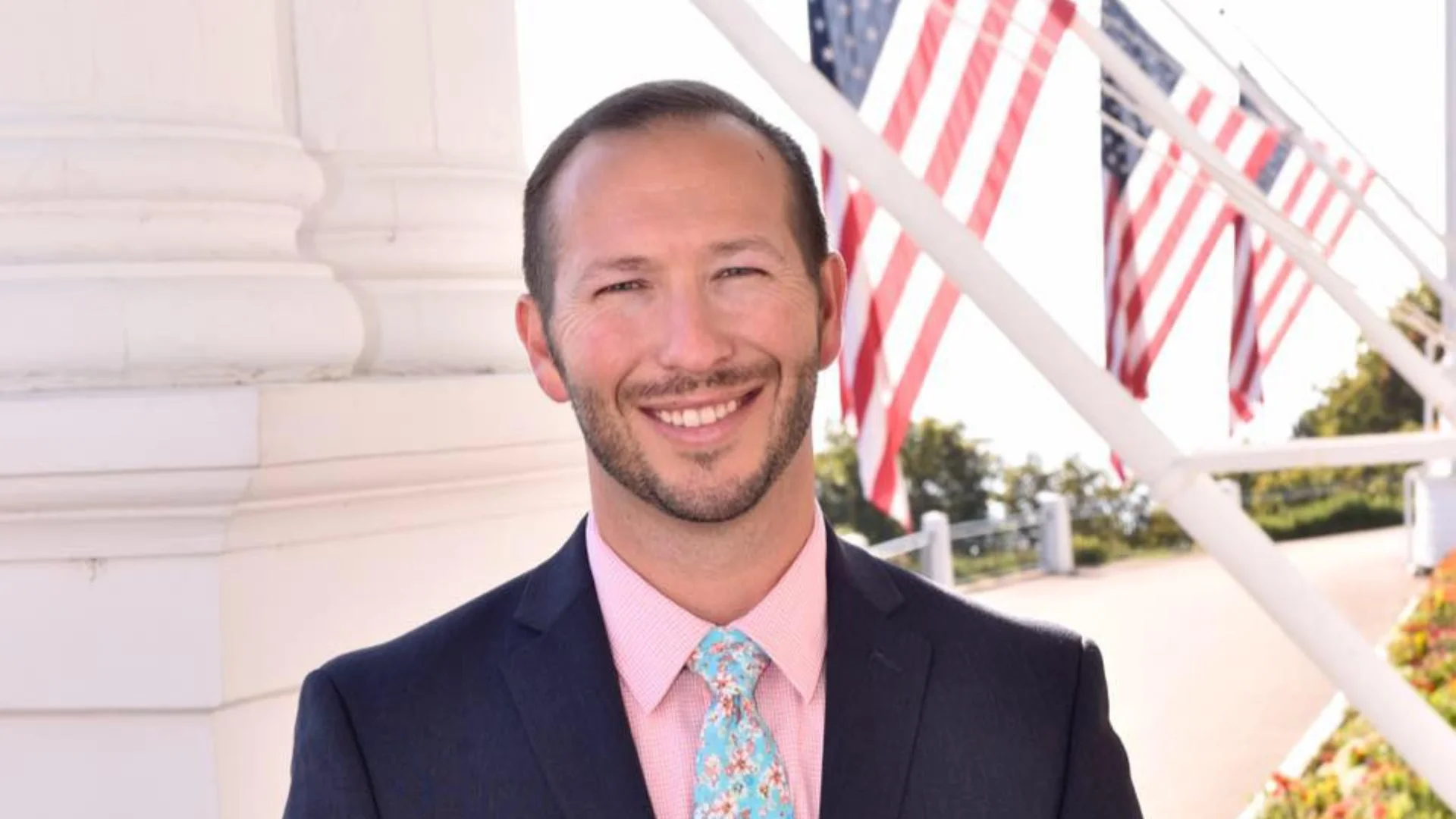Matthew Bierlein Michigan State Representative | Official Website
Matthew Bierlein Michigan State Representative | Official Website
America’s system of government is often described as a democracy, but some leaders are emphasizing the distinction between a democracy and a republic. In a recent column published by the Detroit News, this difference was highlighted as an important aspect of American political life.
The column explains that in a pure democracy, citizens vote directly on all issues, and majority rule determines outcomes. For example, if most people decide on one type of car for everyone to drive, then all must comply regardless of individual needs or preferences. However, in a republic like the United States, voters elect representatives who make decisions on their behalf while following constitutional rules designed to protect minority rights.
“Our Founding Fathers were clear. They believed letting the majority rule all the time could actually be dangerous, especially to smaller groups or less popular opinions,” the author wrote.
James Madison is cited for his warning that pure democracy can result in “mob rule,” where majorities might infringe upon the rights of minorities. The U.S. Constitution establishes checks and balances intended to prevent any single group from accumulating too much power.
“In Michigan we have a mix of both. While we elect people to represent us at the city, township, county and state level, we also have ballot initiatives that allow our citizens to vote directly on proposed law changes.”
Concerns about fairness in representation—such as equal numbers of senators for states with very different populations or presidents being elected without winning the popular vote—are addressed as intentional features meant to slow decision-making and safeguard against domination by larger states or cities over rural communities.
“But here’s the thing: that’s on purpose. The system is designed to slow things down, protect individual rights and stop big cities or big groups from controlling everything.”
The article notes that protections for smaller communities ensure diverse voices are heard within both federal and state governments. It warns against eliminating features like the Electoral College or Senate structure which serve these protective roles.
“If we throw out the parts of the system that protect against mob rule — such as the Electoral College or the makeup of the Senate — we’re not fixing anything. We’re actually destroying the very thing that keeps America stable and free.”
Emphasizing education about these distinctions is recommended: “We need to teach this in our schools again. We need to remind our kids — and often ourselves — that freedom isn’t just about voting. It’s about having a system where laws matter, rights are protected and government power has limits.”
The column concludes by crediting America’s status as a republic for safeguarding freedoms such as speech, religion, and bearing arms.
“Our great nation was built as a republic, not a democracy — and thank God for that. Our system isn’t perfect, but it’s one of the main reasons we still have freedom of speech, freedom of religion and the right to bear arms.”
This discussion reflects ongoing debates about how best to balance majority rule with protection for minority interests within American governance structures.


 Alerts Sign-up
Alerts Sign-up